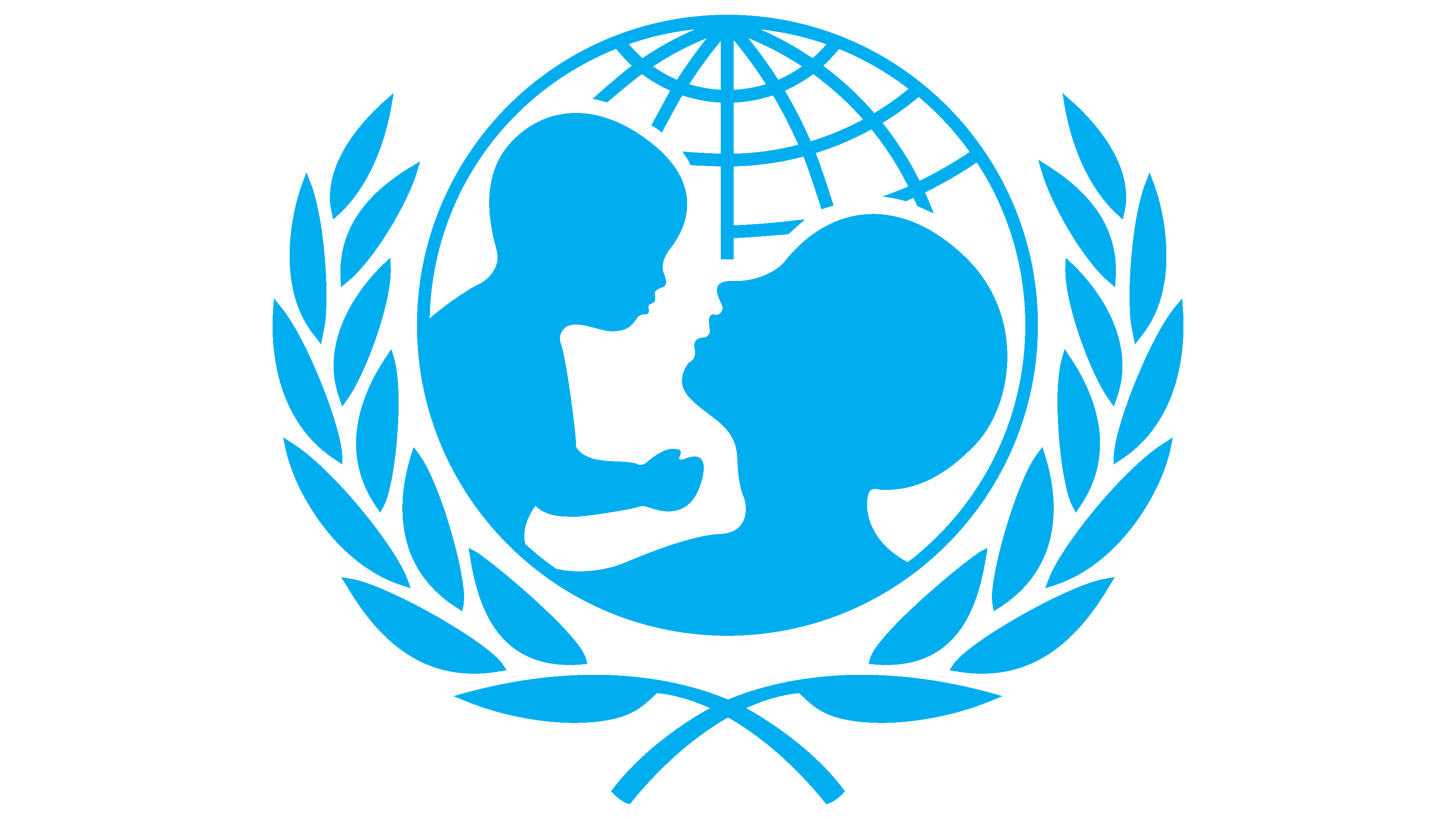By Joyce Remi-Babayeju
The United Nations Children Emergency Fund, UNICEF has warned that lack of Foundational literacy and Numeracy among school children of primary one to primary three is an infringement on Child Rights to basic education and non achievement of Sustainable development Goals for children. Joyce Remi-Babayeju takes a look at how improved teaching skills would aid in achieving the Child Rights and all SDGs for children.
——————————————————–
It is no longer news that 10.5 million children in Nigeria are out of school while 70% of children in school cannot read and write. No thanks to improper implementation and domestication of the UN Child Rights Act by the three tiers of government and lately the humanitarian crisis which has enveloped the North Eastern part of the country.
More recently UNICEF, has announced that in Nigeria children at the primary school level are still grappling with the act of reading and writing due to poor Foundational literacy and Numeracy, FLN, which has put the Nigerian educational system below the global standard of learning.
The UN Child Rights and Sustainable Development Goals, SDGs, 17 can be said to be two sides of a coin because the two declarations harps on human rights. And more specifically SGD 4 is about giving quality education to children irrespective of their family status, race, colour or nationality.
And most importantly, no child should be left behind in accessing quality education.
But from the look of things the SDGs and indeed SDG 4 seems a hard knot for Nigeria to crack if the children are still far from acquiring Foundational literacy and Numeracy skills at age 10 using the UNICEF approved teaching methods.
Failure in giving children the basic FLN skills amounts to a weak educational system and non implementation of approved technical teaching methods at this basic stage of schooling summarily amounts to denial of the Child Rights which is human right.
The right to quality and functional education is the right of every child. More important, giving every child the right to Foundational literacy and Numeracy is tantamount to Child Rights and attainment to SDG 4 and indeed all the 17 SDGs.
At a UNICEF 2 Day Media Dialogue on SDGs as Child Rights in Kano,on Foundational literacy and Numeracy, FLN, in Nigeria the UNICEF Officer – in- Charge , OIC, UNICEF Field Office in Kano, Elhadji Issakha Diop represented by Rahana Mohammed Farah said that 10.5 million out of school children is worrying because of denial of Literacy and Numeracy of children in Nigeria.
According to Diop, Nigeria is facing serious learning crisis with the whooping number of children in school who do not have the basic skills of reading and writing.
Diop noted,”Talking about children’s rights, Education is one of such rights. Education is a fundamental human right, and that right is well-articulated in the UN Convention on the Rights of the Child, the (CRC) which guides the work of UNICEF, and of course, in other legal instruments, including the Nigerian Constitution.”
The Divisional Head, Education at the Abuja Municipal Area Council, AMAC, at the Federal Capital Territory, FCT, Mrs. Stella Adabanya in chat with Daybreak in Abuja on the state of education in the territory beamed more light on the challenges of teaching at the primary school level.
Adabanya confirmed that the state of educational system at the LEA, Local Educational Authority level is worrisome; very poor and below the acceptable standard of teaching and learning for children at primary school level.
She confirmed that Nigeria is facing learning crisis as a result of infiltration of unqualified teachers into the teaching profession because this category are employed to teach children without formal teaching skills.
80% of teachers in the LEA do not pass through the Teachers Training College, while others are semi- illiterates,s Nigeria has to look at the caliber of people who are teaching, she emphasized.
Also lack of provision of teaching tools for teaching among other requirements like teachers going through the Teachers Training College which was upgraded to the National College of Education, NCE to learn how to impact knowledge gained on the child. ” When a pupil has not learned, the teacher has not taught”, she stressed.
Other requirements which aids teaching is provision of visual teaching aids and learning materials to assist teachers to teach the children soundly. ” If a children do not see physical things they won’t understand what you are teaching them.”
Incentives to motivate teachers to deliver is very important at this level of teaching, she advised.
Speaking on FLN crisis at the primary level of education in the country, the Educationist insists that the real problem is non implementation of the pre- nursery scheme of teaching and learning for children below the primary class.
She said, ” What a child learns between the ages of three to five years remains with the child so there is a need to prepare the child for primary school at age six.”
“To scale- up the Foundational literacy and Numeracy in Nigeria , there is need to introduce pre- nursery scheme into our LEA schools to balance up, Adabanya insisted.
” Pre- primary is necessary, but it is not introduced into the LEA because government does not attach any importance to this stage of education. Parents of pupils are also not exposed or educated to know the importance of this and mostly majority are not economically balance to spend on a child in pre- primary school.”
UNICEF has said that factors like socio-cultural , Economic, policy, historic influence Early school enrollment.
Data from the National Bureau of Statistics (2016) has shown that in Nigeria early education is still not considered compulsory and enrolment rate in pre- primary such as kindergarten, nursery is below 40%. In 2016 public pre-school enrolment dropped from 2,076,420 in 2015 to 1,457,461 in 2016 as published by NBS, ( Education Website).
“On what government needs to do to jack up FLN is to improve teaching techniques to improve learning for children and to enable the teeming number of those who cannot read or write. Also government at the local level must first employ qualified and special teachers for this level of education.”
80% of teachers at the LEA do not pass through the compulsory Teacher Training College, TTC.
“As a wake up call from this half baked teaching methods , she insists, that compulsory pre- nursery education must be introduced into public schools as it is done in private schools. Teacher should be provided with adequate teaching aids and learning materials for pupils practical learning. Make teachers go for trainings, workshops, symposia, and also quiz and interactive sessions . Provide teaching aids and materials for practical lessons.”
No problem with the school curriculum , we are using the same with private schools, she noted.
UNICEF Education Specialist, Manar Ahmed in a virtual meeting at the media dialogue emphasized that in Nigeria 85% of the children do not have basic literacy education which focuses on inclusive quality for all children for SDG 4.
All our children at 10 should be able to read and write , do simple maths operation, she noted.
According to Ahmed, the root cause of learning crisis in Nigeria is that 69% of teachers are not qualified.
She emphasized that the one year pre primary school is key to learning process. The pre- primary is enrolment in creche, playground, kindergarten, nursery which is an important teaching technique necessary for FLN teaching and learning process.
Children with one year pre- primary education are less likely to drop out of school, Ahmed stressed.
In the same way, UNICEF has called for huge investment on training of teachers, adding that for Nigeria to achieve the SDGs by 2030 there is need for a huge investment into it’s educational sector in the training of teachers for capacity building.
Also there is the need to strengthen the educational sector through strategic designs , coordinate and effectual response policies and publicly financial quality learning programmes.
Using the FLN Roadmap, UNICEF has proffered preventive measures in areas of Early learning and improved school readiness for children three to five years.
The child agency stipulates the following guidelines which includes Improved teaching and learning practice materials with a specific focus on lower primary P1-3 system strengthening. Coordinated national effort, Institutionalized evidence based interventions , national learning assessment frameworks. Better programme designing and Modelling for scalability models validation and evidence generation for scaling including community development.
UNICEF has stated ,”All ” children, no matter where they live or what their circumstances, have the right to quality education.”
SDG 4 is on Education for all children so if a generation of children lack the basic skills of education which is reading and operating simple then they are lacking in formal education which is a scorecard for the attainment of the SDGs.
Basically giving a child quality Education is giving the children the skills of life which is human right.
This is a clarion call to the Government of Nigeria to prioritize education at the primary level through approved teaching methods which is basement for sound and qualitative inclusive educational system following the UNICEF Roadmap on FLN.





